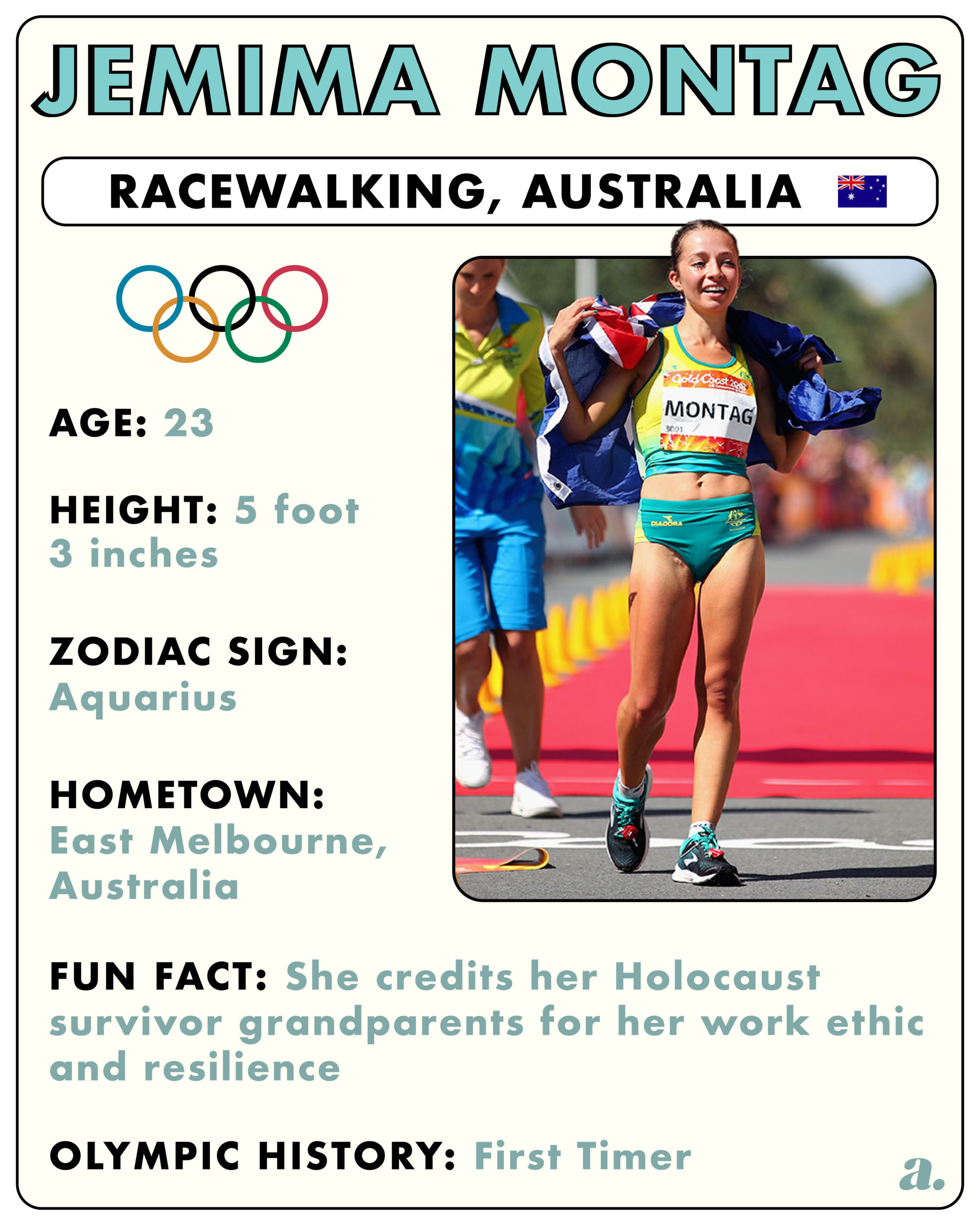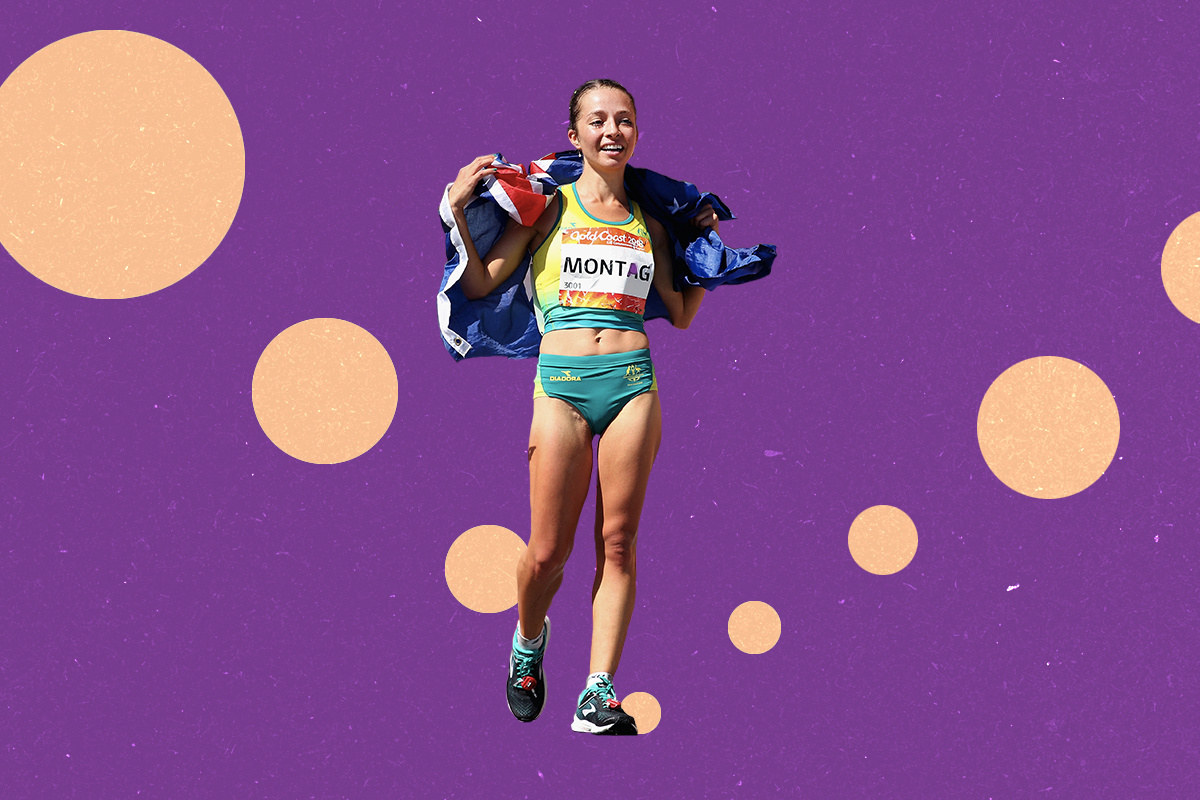Jemima Montag is a Jewish Australian racewalker, set to compete in her first Olympic Games in Tokyo 2020. (They’re still called 2020 even though they’re taking place in 2021.) Before we dive into everything to know about Jemima: Yes, racewalking is a sport (that all Jewish moms compete in on a daily basis, right??). There are two rules to racewalking: One, the athlete’s back toe cannot leave the ground until the heel of the front foot has touched. Two, the supporting leg must straighten from the point of contact with the ground and remain straightened until the body passes directly over it.
Okay, now let’s get on with it. Here are 18 things to know about Jemima Montag:
1. Jemima was born to a Jewish family in East Melbourne, Australia, on February 15, 1998. (Making her an Aquarius, if you’re curious.) She has two sisters, Piper and Amanda. Here are the Montag sisters:
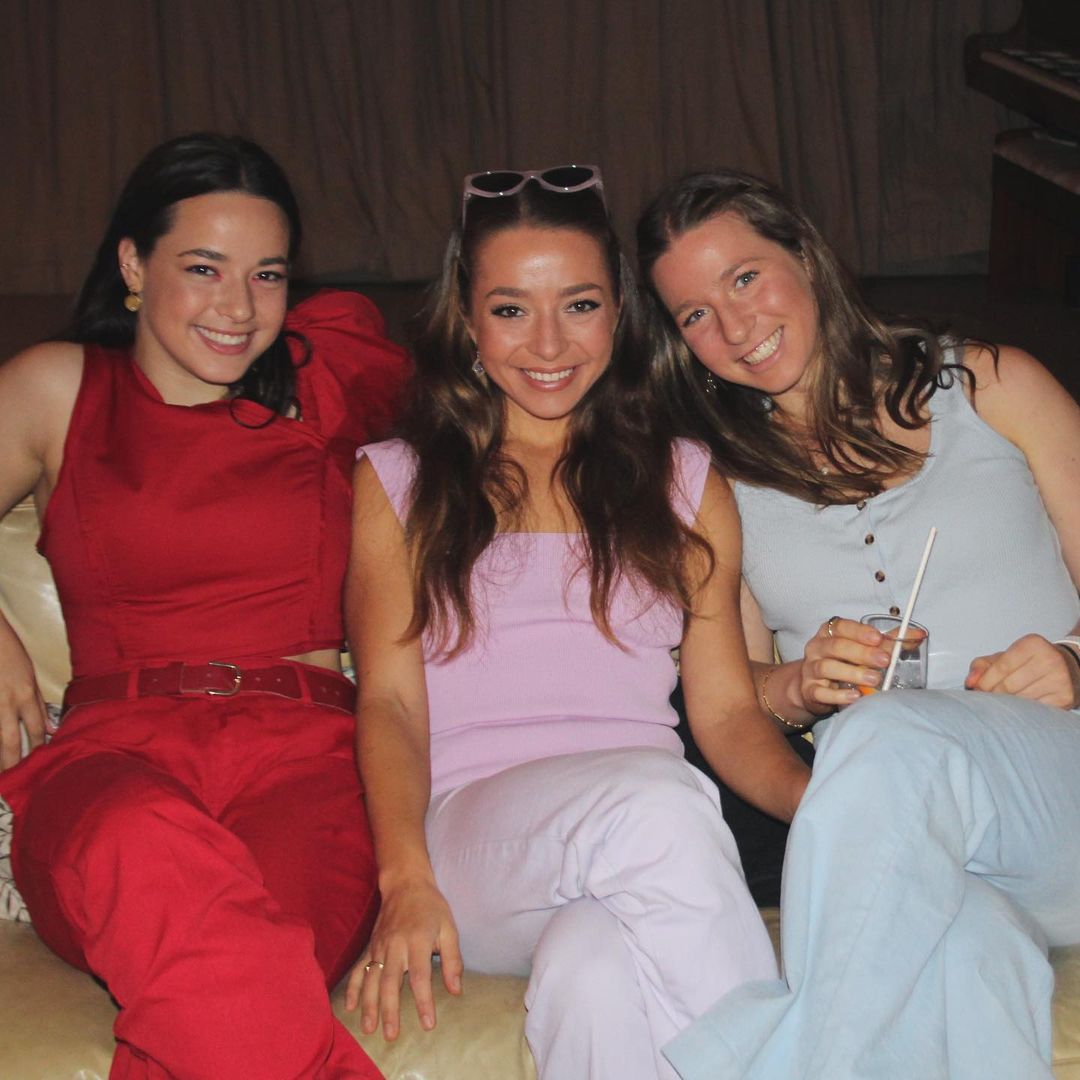
2. Her mom was a hurdler, so “when we were kids, on any given Saturday, my sister and I would be seen doing the long jump, the shot put.” Here is Jemima as a 10-year-old:
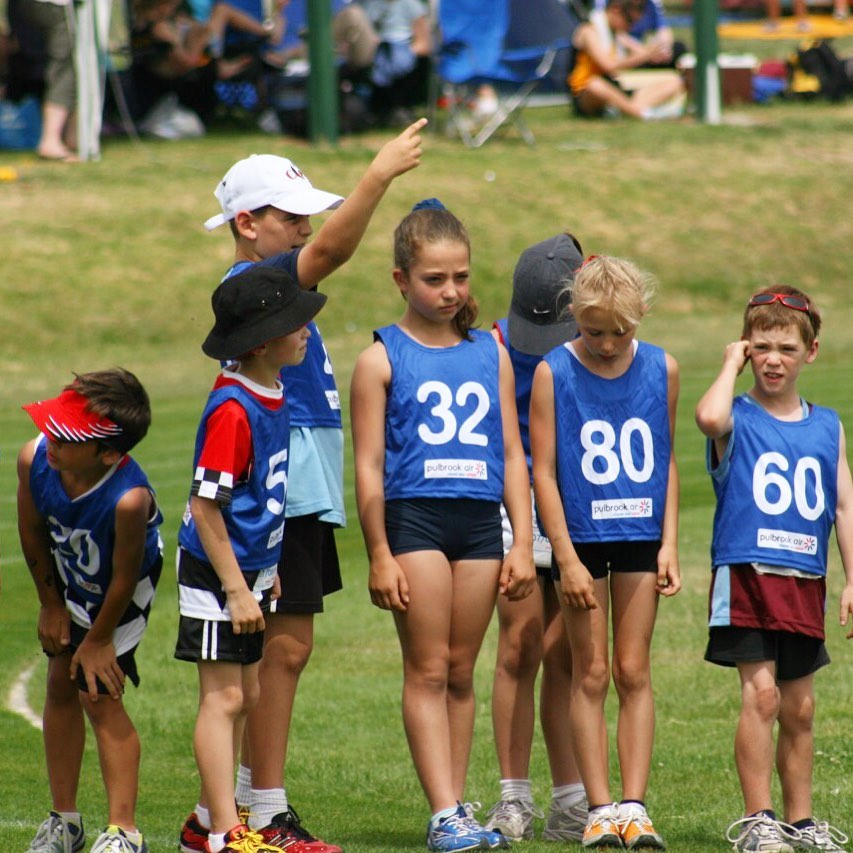
She writes in the Instagram caption, “Dear 10 year old Jem (and anyone else). Those legs that you think are so much chubbier than everyone else’s are going to take you to the world stage, they’re going to be protective against injury and strong when you need to run for the bus. Don’t spend another moment wishing they were different. Can’t you see, the focus in your eyes and the fire in your heart are rare…no one else on that start line has it. Big things lie ahead for you…strong mind, strong legs and all.”
3. Growing up, she didn’t only race walk. “My parents encouraged us to be generalists, so I played basketball and tennis. I danced ballet, played the piano, violin and trumpet. Only the piano stuck.”
4. Her parents, Ray and Amanda Montag, met at the 1989 Maccabiah Games (aka the Jewish Olympics). Amanda was competing in the heptathlon for Australia, and Ray as a cricketer. “At the end of the Games, we were on the same flight home,” Ray recalls. “We were sitting next to each other on the plane on the way home – that’s when we spent a lot of time together and chatted.”
5. Ray adds, “It’s always been quite pertinent that we come from non-Jewish day schools. The Maccabi thing was the thread that got us together. We have a very strong connection to our Jewish roots. I’m a child of two Holocaust survivors.” About 27,000 Holocaust survivors moved to Australia in the aftermath of World War II.
6. Montag credits her Holocaust survivor grandparents for her work ethic and resilience. When a training session or race feels tough, Jemima thinks about them and reminds herself that “grit and perseverance are in my DNA.” She also says she inherited “strong bones” from her grandmother.
7. Racewalking was an “event that no one took seriously,” she recalls of her sport growing up. “It was like the ‘break’ between your other events, where you’d stroll around the track and talk to a friend. Until one day. I was doing just that when my friend’s dad yelled out ‘girls it’s not just a stroll, it’s a race, have a go!’. Something clicked in that moment and I found that my combination of endurance, hyper-mobile joints and firey competitiveness were a great trio for racewalking.”
8. She quickly became one of the best junior racewalkers in Australia, but after going through puberty, “the struggle began.” As Jemima explains, “I think this is a key moment for young girls in sport which we need to address to improve participation in physical activity. The physical and physiological changes made training feel harder. Compounding this were the pressures and comments surrounding body image in sport, which made me resent the changes that were occurring. It’s amazing to reflect on the pressure for young women to retain a pre-pubescent figure. I found myself with no self belief, no drive, none of that competitiveness that I had as an 8 year old.” After the World Youth Championships in 2015, she decided to step away from the sport and focus on being a “normal teenager.”
9. “There’s a huge drop off rate from sport at this time. I’d really like to be a part of a shift in this trend,” Jemima said of puberty-age girls. “To create an environment for young girls in sport where they can reach out to sports dieticians, psychologists and physiologists to better understand what’s going on and work WITH their bodies, rather than wishing the changes away.”
10. Two years later, on a family ski trip in Japan, one of her sisters told her, “‘Japan is awesome. And you know, the next Olympics are in Tokyo. How great would it be if you got back in form and made the Olympic team?! I’d love to come back for some sushi and stationery.” Her mom added, “You know Jemima, if you want to wear the Green & Gold in an Olympics, this is your time. And you can do it!” So Jemima decided to get back into the sport. She spent 2017 training and transitioning from junior racewalking distances (5 and 10 km) to the senior distance of 20 km (the Olympic distance).
11. At the 2018 Commonwealth Games, Jemima made the Australian team — coming in second at trials — and then came in first at the race, winning gold in a time of 1:32:50.
“Did it change my life? Yes and no. Yes, in the sense that it gave me a sense of self-belief, that I belonged on the international stage. At the same time, life continued on as normal. My family have always been wary of keeping me down to earth and humble,” Jemima says.
12. She graduated from University of Melbourne during the pandemic with a Bachelor of Science — she majored in physiology. Here she is:
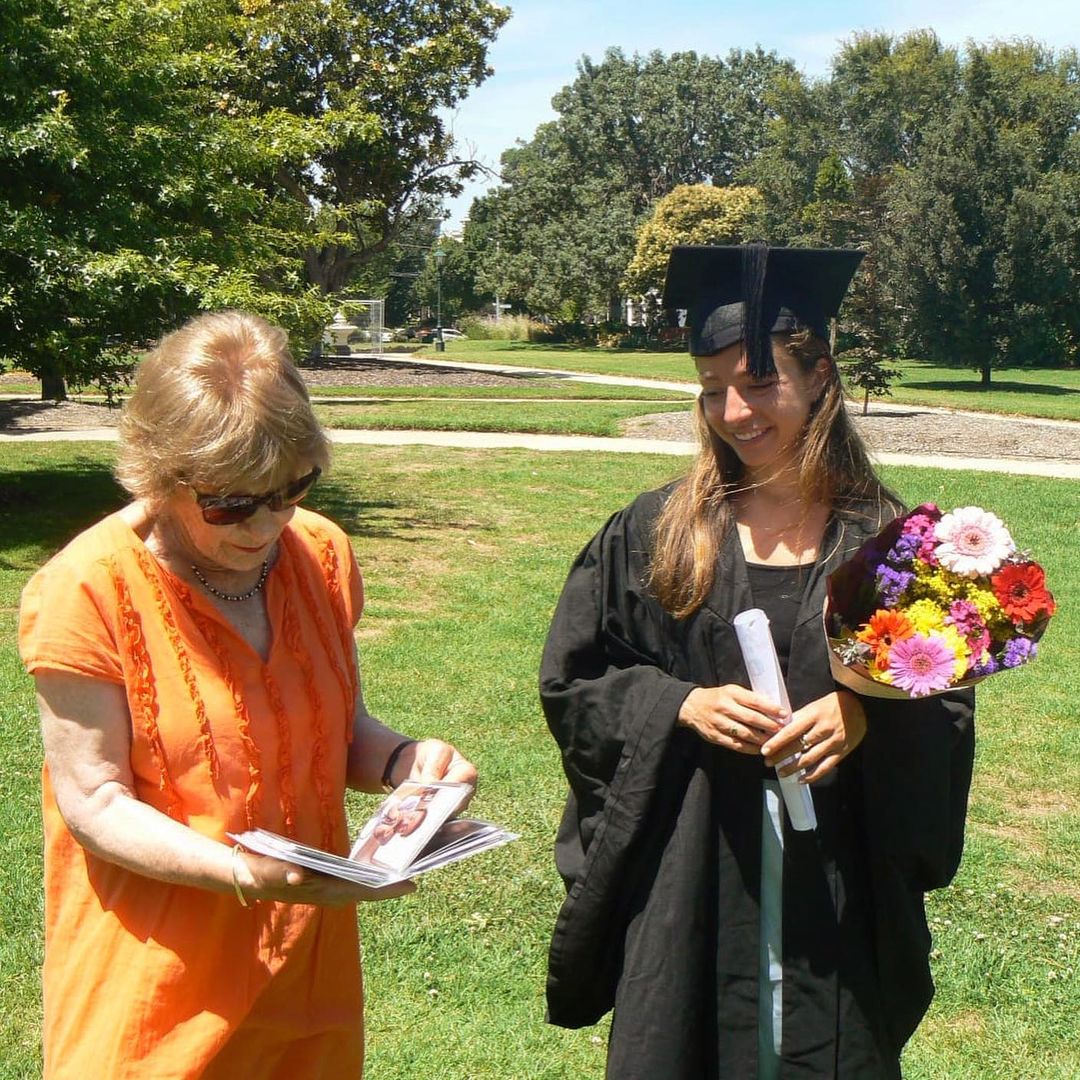
“In 2022, I will start my postgraduate medical degree, with a plan to do a Master of Public Health as well. This will enable me to work clinically and upstream in the preventative health and wellbeing space,” Jemima says.
13. She confirmed her spot for the Tokyo Olympics after winning the 2020 women’s 20km racewalking national championship. “It’s certainly relieving, and nice to have something locked in amid all the uncertainty,” Jemima said.
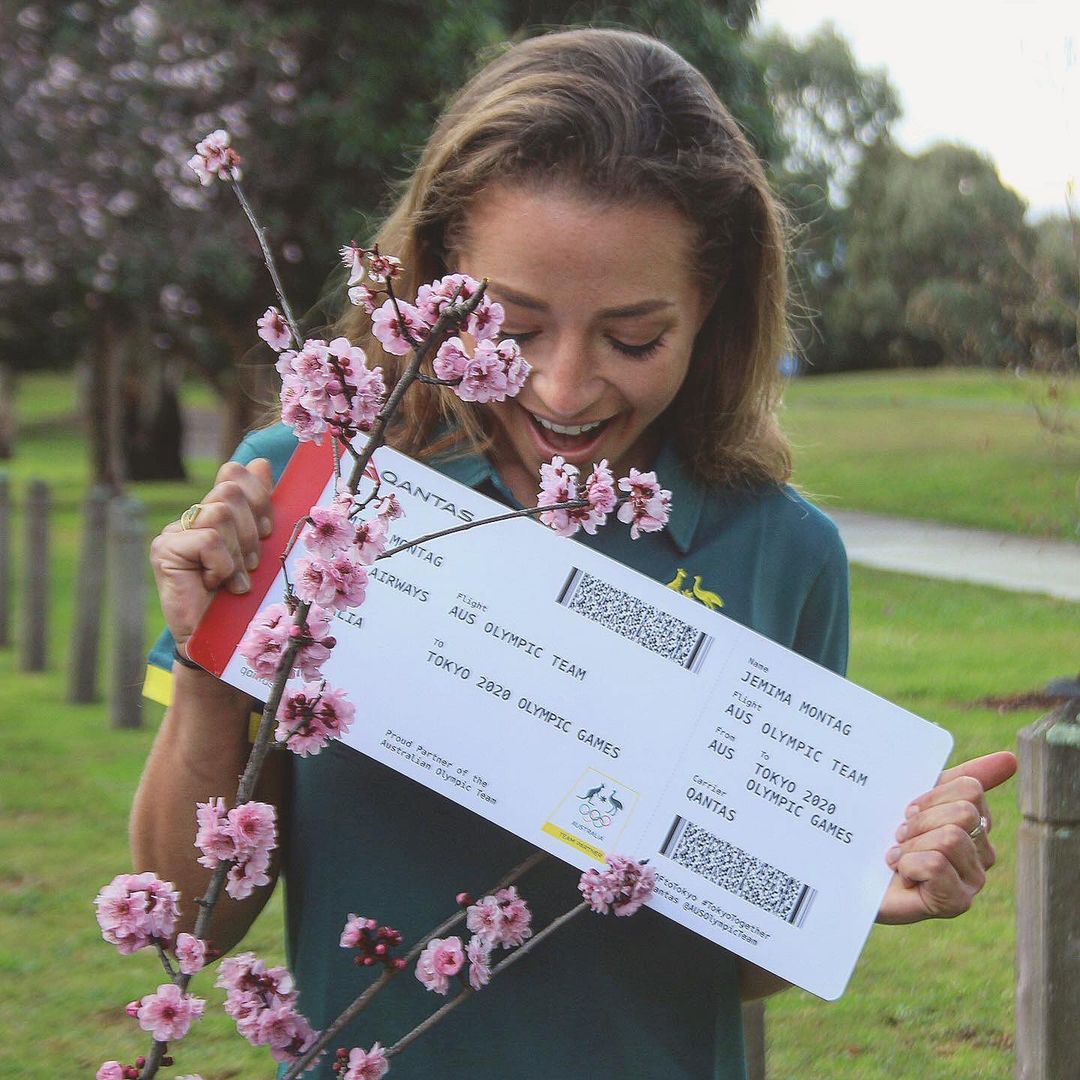
14. She’s superstitious: “I have to wear my lucky no.3 bib, have my hair in nice braids and my nana’s bracelet on when I compete.”
15. She loves baking and cooking, and often posts recipes on her Instagram. Here’s chai birthday cake; a slideshow of food made from recipes by Jewish chef Yotam Ottolenghi; birthday babka for her sister; Friday night dinner featuring challah; chickpea and lentil curry; niçoise for a family dinner; chocolate granola; this incredible spread… it keeps going. Go follow Jemima on Insta.
16. She has a Bernese Mountain dog named Amber. Here are the Montags and Amber:
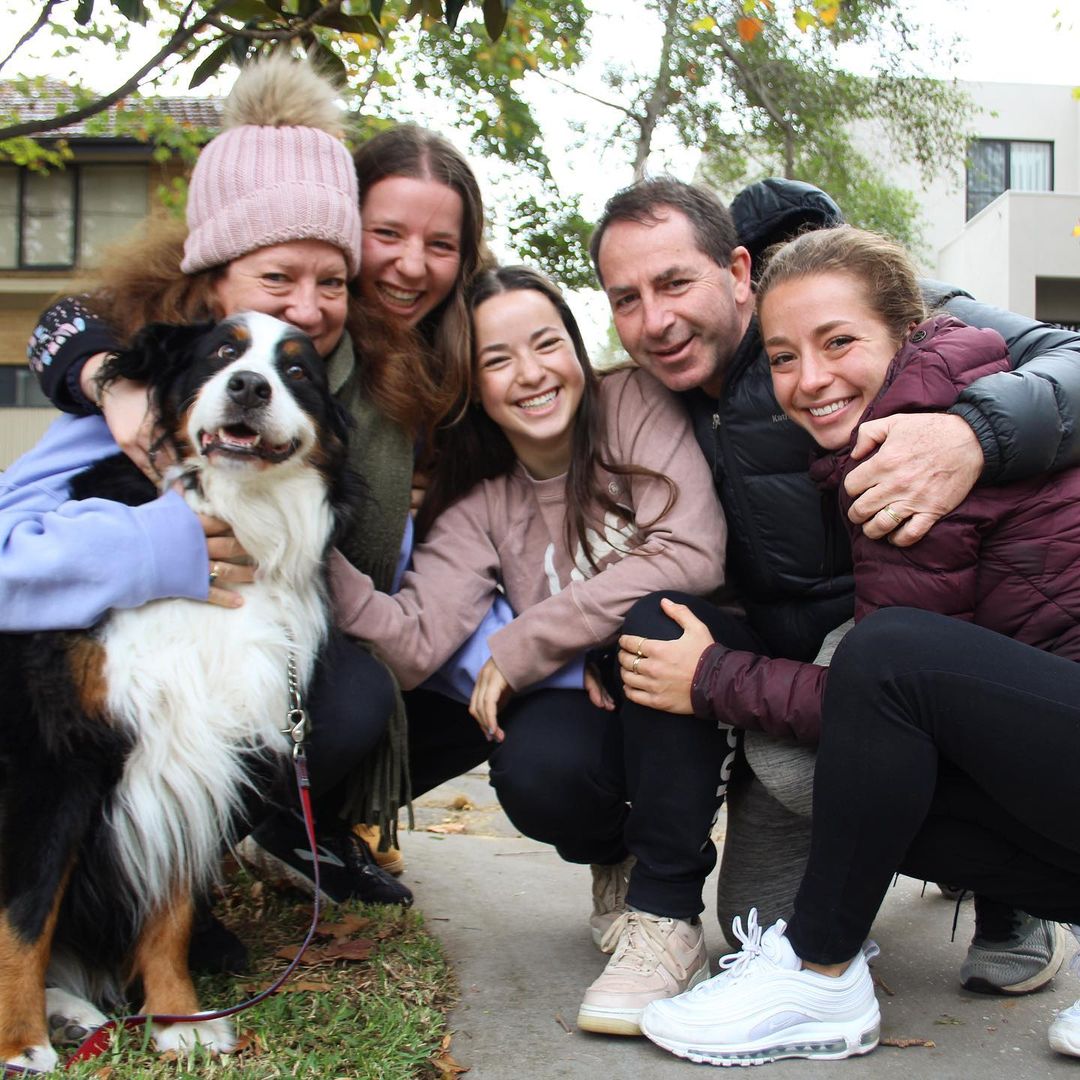
(Can you adopt us??)
One more Amber pic:
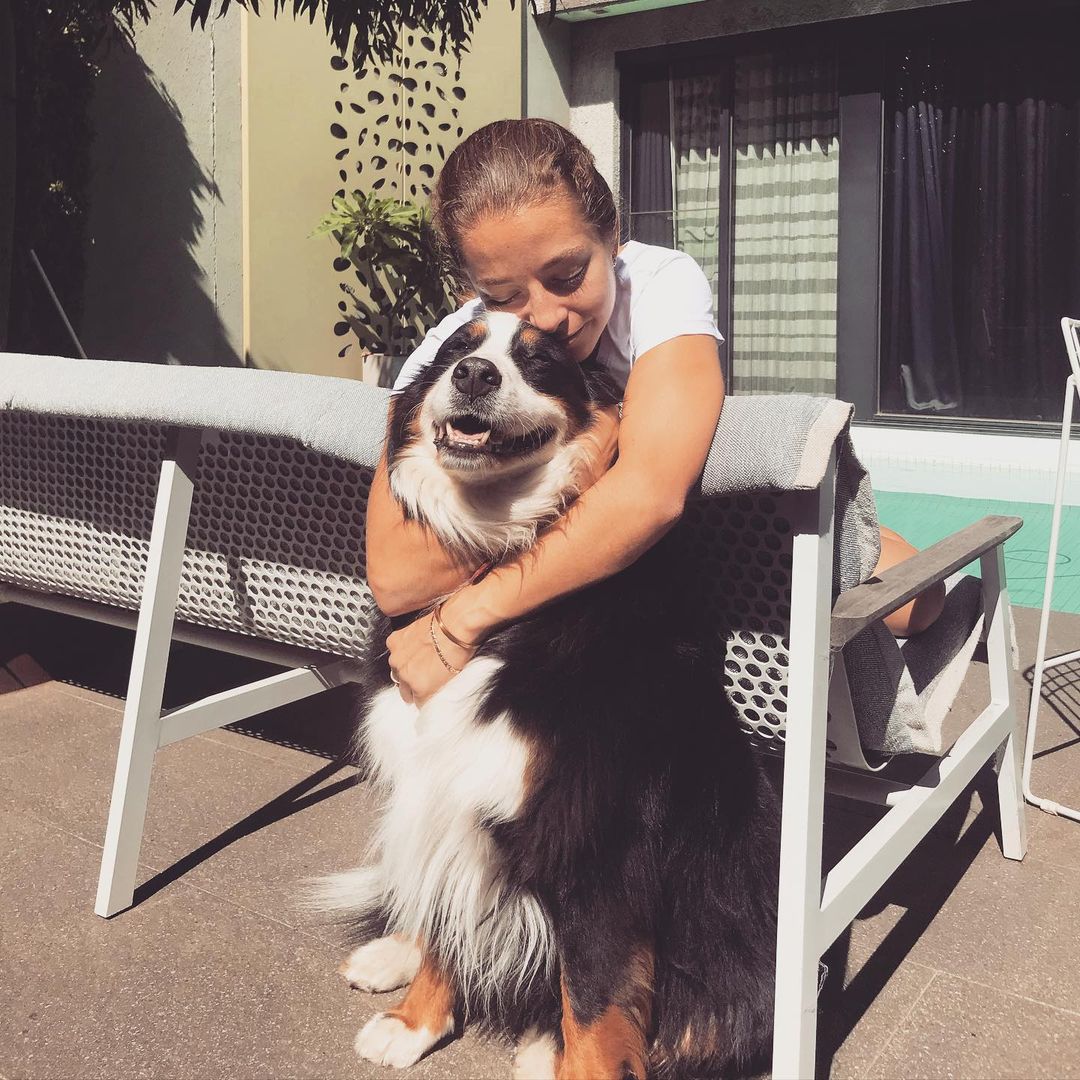
She’s perfect. Amber 4ever. And ever.
17. In 2021, Jemima Montag was named an IOC Young Leader for her work around young girls in sports. She says, “I think participating in sport at any level, is really life-changing. It’s so important for your health and wellbeing and I hope that with the platform I’ve been given by the IOC and as an elite Australian athlete, I can build a program which leads to an empowered generation of young women.”
18. Here’s a mini video profile on Jemima, on her studies and athletics:
Bonus: A custom Jemima Montag trading card, just for you!!
